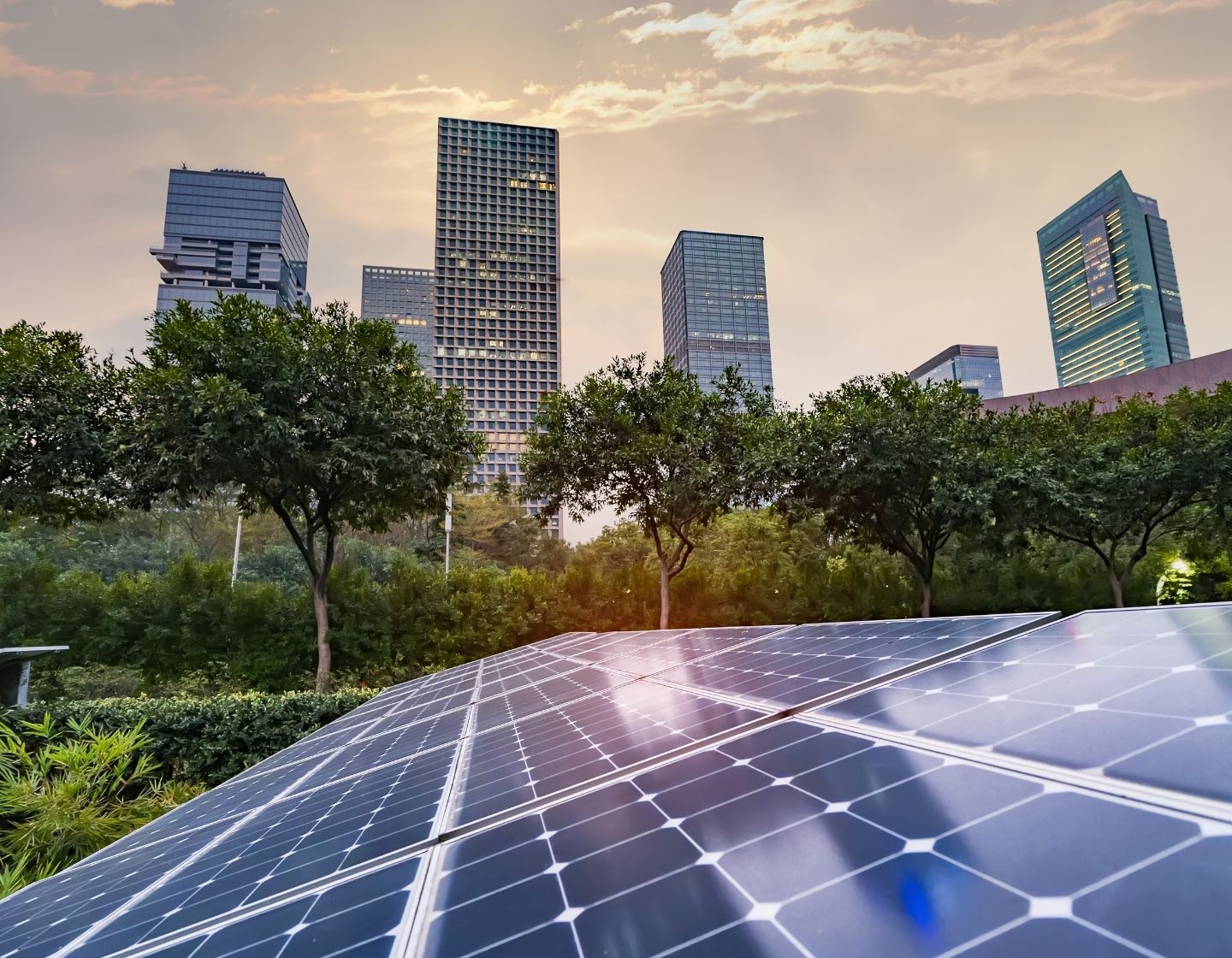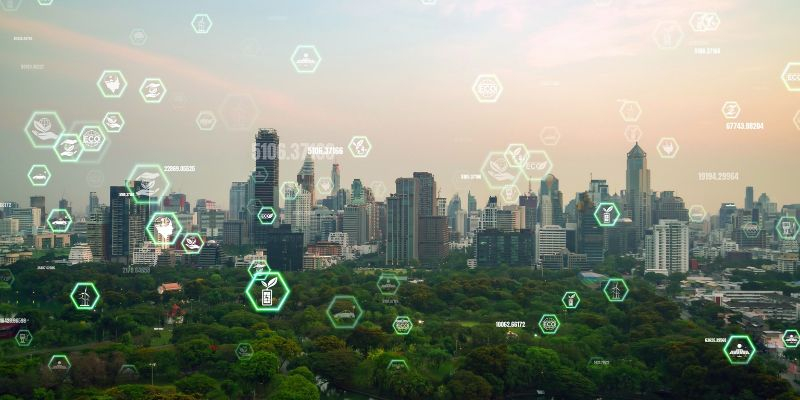What does the COP27 agreement mean for business?
The COP27 climate summit in Egypt ended at the weekend with some decisions that should have a longer-term positive effect on all business sectors.
In the shorter term, the picture is more mixed. Great joy among many developing countries that the richer North half of the globe has finally agreed after 30 years to set up a multi-billion dollar annual fund to help poorer countries recover from loss and damage caused by the changing climate.
Balanced against that, there was exasperation and some despair that one of the crucial elements, firmer action and commitment to keeping global temperature rise to 1.5C, was not explicitly covered.
UK chief negotiator and COP26 president Alok Sharma did not mince words. He said: “Emissions peaking before 2025, as the science tells us is necessary. Not in this text. Clear follow-through on the phase down of coal. Not in this text.”
Low emission energy
The cover decision text actually includes a reference to “low emission and renewable energy”, which is will most probably be used by fossil-fuel companies as a pass card for the development of further gas resources, as gas produces less emissions than coal and oil.
And to put it bluntly, COP27 has not provided the framework and action plan to ensure that greenhouse gas emissions are halved by 2030. Many developed countries, businesses and civil society wanted a stronger document. Many developing countries, along with the big polluters like China and Saudi Arabia, formed a weird bloc again this and won the day.
The outcomes once again reinforces the crucial point – waiting for effective global action on 1.5C is not a plan. Businesses will take up the challenge as a matter of long-term survival and sustainability – and that means reducing energy consumption.

Expert help on energy
Next Spring business energy prices will rise again when the energy bill relief scheme ends and there was no comfort from PM Rishi Sunak in his speech to the CBI with no explicit commitment to help on energy costs for companies, school and hospitals.
SaveMoneyCutCarbon offers a free Carbon Mentor call giving expert guidance on where to start, what ROI to expect, budgets and what could be achieved. It’s open to any business no matter what sector or size. During the 30-minute Zoom consultation your mentor will assess main business drivers, answer questions and share recommendations to help the business save money and cut carbon.
Fuel for developing countries
Some developing nations, in Africa particularly, want freedom to build economic growth by extracting and burning gas, an understandable goal but one that will cremate the ability to achieve 1.5C.
It’s true that the underlying currents at COP27 included the deteriorating economic conditions, the Ukraine war, food prices and distribution security. These factors no doubt narrowed the perspectives of many countries.
But for the business sector, limiting global temperature increases to 1.5C is not a matter of political rhetoric. As International Chamber of Commerce Global Policy Director Andrew Wilson said:
“It is an absolute imperative given the growing impact of extreme weather events on the viability of businesses across the world.”

1.5C is a limit not a target
The We Mean Business coalition is pushing even harder and issued a statement saying that the business world and civil society are “all in for 1.5”:
“1.5°C is a limit not a target. We must put all our efforts to stay within this limit and avoid the worsening impacts, suffering and costs that any overshoot will bring. Already at 1.2°C we are seeing the flooded villages of Pakistan, burning forests and towns of California, dried up rivers across Europe and parched fields in Somalia. Those that have contributed least to climate change are the most vulnerable to its impacts.
“To keep within this limit we must all work collaboratively and relentlessly to halve global emissions by 2030. The 2022 UNFCCC NDC Synthesis Report shows that existing pledges are simply not enough: governments must strengthen their commitments and plans, and implement them without delay.
“Our commitment to the objectives of the Paris Agreement and the Glasgow Climate Pact is unwavering. Thousands of companies, unions, investors, cities, states and regions are committed to 1.5°C, and already taking science-based climate action: delivering clean energy solutions, developing innovative finance mechanisms, and building the resilience of vulnerable communities.
“Every part of society has an essential role to play in delivering 1.5°C. History shows us that humans have the capacity to innovate and solve immense challenges when we work together. The technologies exist and our destination is clear.”

Net zero greenwashing
And a detailed report from the United Nations High Level Expert Group on the Net Zero Emissions Commitments of Non-State Entities also gives the lead in bolstering business commitments to address climate change.
In launching the report UN Secretary General António Guterres outlined that there must be “zero tolerance for net-zero greenwashing”.
On the positive side of COP27, the agreement that developed countries will provide finance to help rescue and rebuild poorer countries hit by climate-related disaster includes a fund, operational within two years, which might work with other financial institutions, such as the World Bank.
While businesses can move quickly, there’s no expectation that this plan will come to fruition with any speed. It’s going to take at least a year so we can expect this to be centre stage at the next climate summit – COP28 in Dubai (November 30-December 12).

